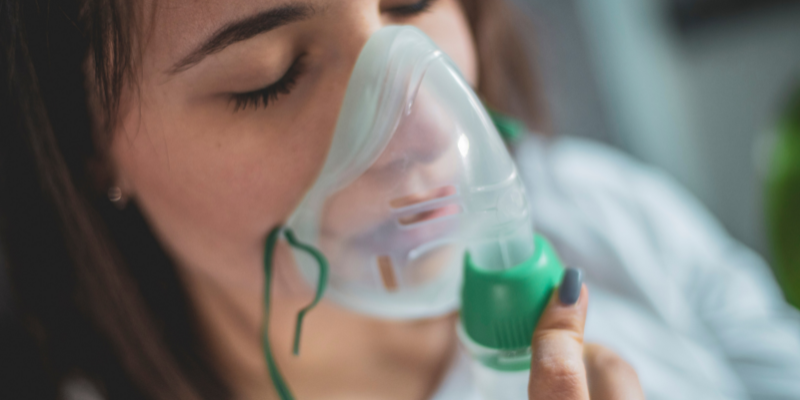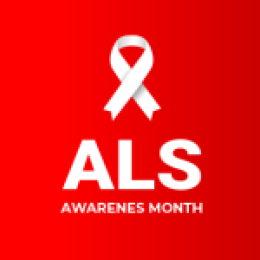
Respiratory arrest is a complex and life-threatening situation. However, understanding respiratory arrest will help you recognize what is happening and be able to respond immediately. Here is what you need to know:
What is Respiratory Arrest?
A respiratory arrest is a medical event where breathing has stopped and can be caused by respiratory distress, respiratory failure, or other severe events. Respiratory arrest is severe; if not responded to immediately, organs could experience irreversible damage. Damage to the organs, including the brain and the heart, can happen within 5 minutes if no medical intervention is initiated.
Often times cardiac arrest and respiratory arrest happen simultaneously, but this is not always the case. Respiratory arrest involves the lungs and respiratory system, while cardiac arrest occurs within the heart. Sometimes these terms can overlap and cause confusion. It is important to remember that both can be responded to in similar ways. In the event of a respiratory or cardiac arrest, there is no need to determine which one is happening. Seeking medical attention should be the first priority.
Causes of Respiratory Arrest
Respiratory arrest can be caused by many factors. Here are a few of them:
- Airway Obstruction
- Respiratory Muscle Weakness
- Chronic Obstructive Pulmonary Disease (COPD)
- Severe Asthma Attack
- Severe Sleep Apnea
Signs and Symptoms
Here are the signs of respiratory distress that can lead to respiratory arrest. Of course, a patient may not experience all of these symptoms.
- Pale, Cool Skin
- Unconscious
- Tachycardia (fast heart rate)
- Flared Nostrils
- Unusual Airway Sounds (wheezing or grunting)
- Using the Abdomen to Help with Breathing
What You Can Do to Intervene
If you have assessed the individual and determined that they are in respiratory distress or respiratory arrest, immediate intervention is crucial. It is important to first call 911, and then if there are no trained professionals nearby, you must do as much as you can to help before the medical team arrives. Here is a great resource to help you learn about first aid procedures and how to effectively respond to medical emergencies.
What Happens Next
Respiratory arrest can be caused by many factors, and it could indicate underlying respiratory issues. After a respiratory arrest incident has occurred, the patient may need extensive respiratory care. At Advent, we can provide the equipment, therapies, and training to support a loved one with complex respiratory needs. We are committed to providing unbeatable services to our patients and their families.
To learn more about our services, visit our website or reach out to our team. Respiratory arrest is a very serious and critical event, and it is vital to understand what it is, know the signs, and know what to do if you see someone in respiratory distress.
April 28, 2023 by Advent Home Medical



